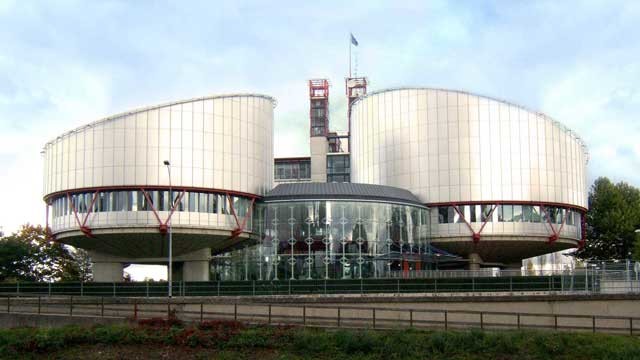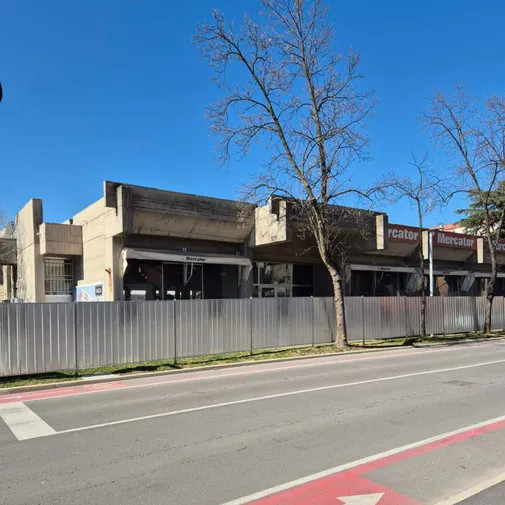Slovenia Loses Landmark LB Court Case in Strasbourg
Published on 17 july 2014Ruling on a case brought by a national of Bosnia-Herzegovina who has been unable to obtain her deposit in the Sarajevo branch of LB, the court found unanimously that Slovenia had violated the European Convention on Human Rights in sections dealing with the protection of property and effective legal remedies.
The court ruled that Slovenia was "responsible for the debts of the Ljubljanska banka (LB) Sarajevo" and that there is no good reason that the applicant, Ms Ališić, had "been kept waiting for so many years for repayment" of her savings.
Presenting the verdict on Thursday in Strasbourg, the Grand Chamber said that Slovenia will have to establish a scheme to allow the applicant and all others in the same position to recover their deposits.
The country was given a year to set up such a scheme and the Committee of Ministers of the Council of Europe called on to supervise the process.
Slovenia was also ordered to pay Ališić EUR 4,000 in non-pecuniary damages.
The court passed the same verdict in the case of another applicant, Mr Šahdanović, against Serbia over unpaid Yugoslav-era foreign currency deposits owed by Investabanka in the Bosnian town of Tuzla.
The ruling comes 18 months after Slovenia appealed the original ruling from the Strasbourg court that it had violated the European Convention on Human Rights with its handling of the Yugoslav-era deposits.
One of the key points highlighted by Slovenia and Serbia in the case has been that the issue needs to be treated in the framework of succession issues regarding the former Yugoslavia, which has been Slovenia's argument throughout the two-decades-old dispute over Yugoslav-era savings deposits.
Slovenia has argued for a territorial approach of settling the outstanding foreign currency deposits, whereby each successor to the Yugoslavia repaid deposit-holders on their territory regardless of the bank. This approach was also implemented by Serbia, Montenegro and Macedonia following the collapse of Yugoslavia.
Slovenia presented evidence that the money from the deposits had not been held by the banks but had been transferred to the Yugoslav National Bank in accordance with internal banking rules in the former Yugoslavia.
In spite of this, the Grand Chamber concluded that the parent branch of LB in Ljubljana "remained liable for the 'old' foreign currency savings in all their branches until the dissolution of the [former Yugoslavia]" and that it remained liable for the branch in Bosnia-Herzegovina since the dissolution.
It ruled that the case "was special as the branches in question were not foreign branches when the applicants had deposited their money, and because it was different from a standard case of rehabilitation of an insolvent private bank (the banks in question had always been either State- or socially-owned)".
Moreover, it said that the succession negotiations "had not prevented the States from adopting measures
at national level to protect the interests of savers". Indeed, solutions for paying out the deposits had been found in Slovenia.
As for the violation of the right to legal remedies, the Grand Chamber concluded that Slovenia failed to demonstrate that decisions ordering LB to pay the deposits in its Sarajevo branch had been enforced.
Moreover, in cases relating to LB foreign currency deposits in Croatia, the applicants "had no reasonable prospects of success, as the old Ljubljanska banka no longer had any assets in Croatia".
"In the absence of remedies available to them to complain about the States' failure to ensure such repayment, there had been a breach of Article 13 by Slovenia," the ruling states.
Source: The Slovenia Times
Photo source: Freedom


